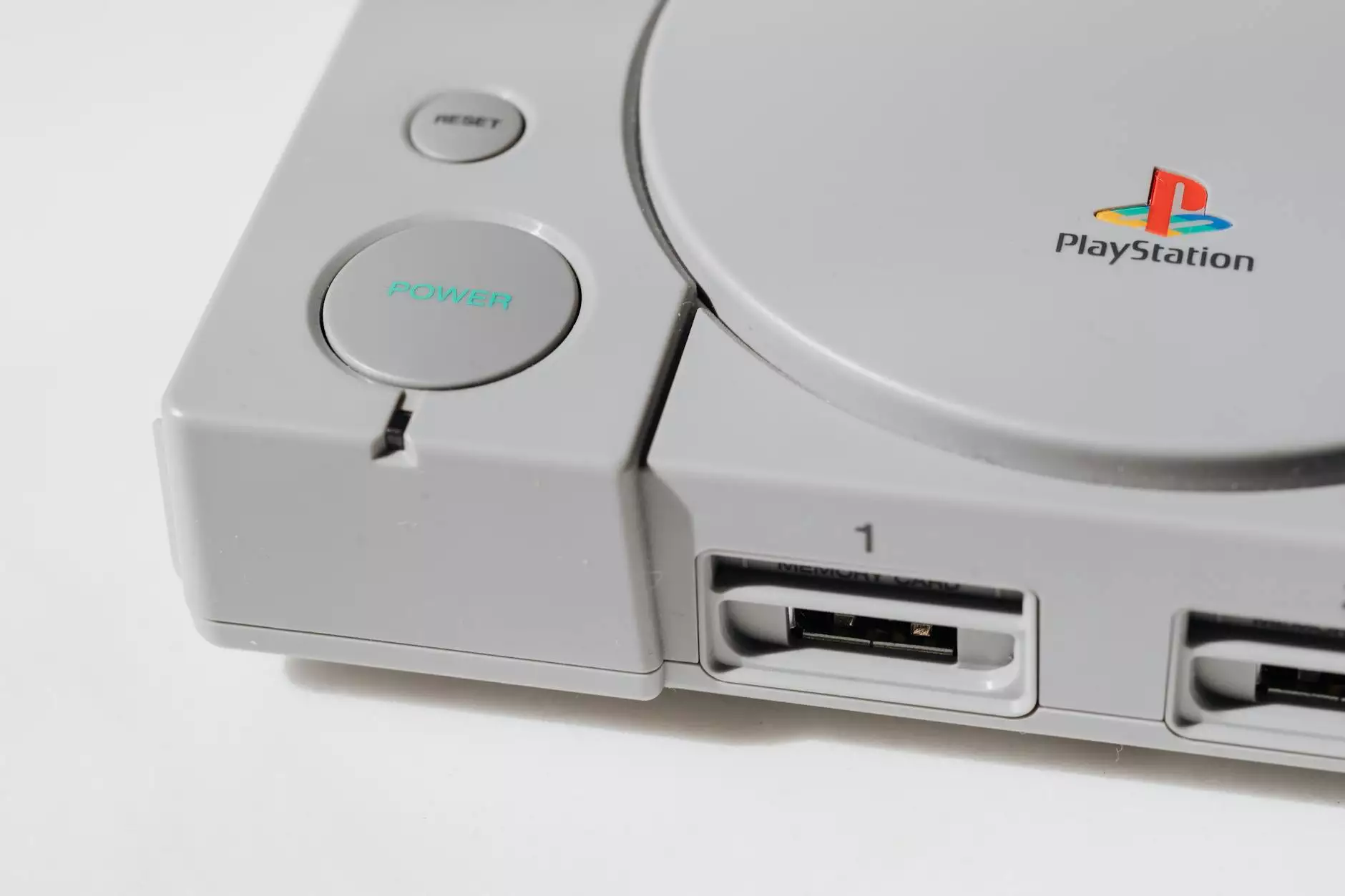Transforming Gaming Experiences: The Role of a Game Porting Firm

Introduction
Video games have evolved tremendously over the past few decades, creating a unique intersection of technology and creativity. Gaming enthusiasts often ponder the complexities involved in bringing a game from one platform to another. This process is known as game porting, and it’s the expertise of a game porting firm that makes it possible.
What is Game Porting?
Game porting refers to the process of adapting a video game from one platform (like PC or console) to another. This involves altering the game code, graphics, and controls to ensure seamless performance across different gaming systems. The evolution of hardware technology necessitates that a game porting firm continuously upgrades its skills and knowledge to remain relevant in the fast-paced gaming landscape.
The Importance of Game Porting Firms
In an era where nostalgic gaming experiences matter, game porting firms play a crucial role in preserving classic titles and enabling them to reach new audiences. Here’s why these firms are significant:
- Broader Accessibility: Porting games allows more players, irrespective of their gaming platform, to enjoy a title.
- Longevity of Games: Older games can be revitalized for modern platforms, ensuring they remain relevant.
- Increased Revenue Streams: Game developers can capitalize on their existing titles by reaching new audiences.
- Cultural Preservation: Gaming history is kept alive through the careful porting of classic games.
Key Aspects of Game Porting
The process of game porting encompasses several important aspects, which a proficient game porting firm must master:
1. Technical Adaptation
Every hardware platform has its unique architecture and limitations. A game porting firm must understand the intricacies of both the source and target systems to implement necessary changes to the game’s codebase.
2. Performance Optimization
Different systems handle graphics and processing power differently. A crucial aspect of game porting is ensuring that the game runs smoothly across platforms, often requiring optimization for frame rates and loading times.
3. User Experience Considerations
The transition of a game's control scheme is vital. Ensuring that a game feels native to a platform is the hallmark of great porting; players must feel at home, regardless of the device they’re using.
4. Art and Audio Adaptation
Graphics assets and audio need careful consideration during the porting process. A game porting firm may need to adjust resolution, textures, and even sound design to accommodate the specifications of the new platform.
The Process of Game Porting
A well-structured approach is crucial in the game porting process. Here’s a typical workflow:
- Assessment: Evaluating the original game’s design, assets, and technical requirements.
- Planning: Formulating a detailed plan on how to tackle the port, including timelines and resource allocation.
- Development: Actual coding and adaptation of assets for the new platform.
- Testing: Rigorous testing is essential to identify occasional bugs or gameplay issues.
- Release: Launching the ported game across the designated platforms.
- Post-Release Support: Providing updates or patches as feedback and performance data roll in.
Success Stories of Game Porting Firms
Game porting isn't merely a technical task; it's a passionate endeavor that has led to the renewal of numerous beloved titles. Companies like Pingle Studio exemplify the best practices in the industry. Here are a few noteworthy examples:
Classic Revival: The Case of Older Titles
A recent success story involved the porting of a classic RPG to modern consoles. The firm not only ensured graphic enhancement but also incorporated quality-of-life improvements that were absent from the original game, thereby showcasing how a game porting firm can enrich a timeless experience.
Fan-favorite Franchise Enhancements
Many popular franchises have seen their previous iterations enjoying a new lease on life. This often involves not just a technical port, but also additional content or fan-made mods integrated into the release, solidifying community engagement.
The Future of Game Porting
As technology continues to evolve, the future of game porting looks promising and challenging at the same time. The game porting firm of tomorrow must embrace innovations like:
- Cloud Gaming: As cloud solutions grow, so does the necessity for ports that can function smoothly in streaming environments.
- Virtual Reality (VR) and Augmented Reality (AR): New platforms pepper the landscape, demanding unique adaptations for immersive experiences.
- Cross-Platform Play: With gamers demanding the capability to play with friends across systems, software ports will need to ensure consistent experiences.
Establishing a Connection with a Game Porting Firm
When connecting with a game porting firm, consider their pedigree in the industry. Here are some helpful tips:
- Portfolio Review: Examine their past projects to gauge their capability and expertise.
- Client Testimonials: Real feedback from previous clients can provide insight into their professionalism and quality of work.
- Clear Communication: Ensure that the firm values transparency and collaboration throughout the porting process.
Conclusion
The world of gaming is dynamic and ever-changing, and at the heart of this evolution is the crucial work performed by game porting firms. They give players the chance to revisit old favorites on new platforms, thereby reigniting passion for classic titles in a modern context. The expertise of a firm like Pingle Studio emphasizes that the art of game porting requires a delicate balance of technical proficiency and creative insight. As we look to the future, the role of these firms will undoubtedly become even more important in bridging the gap between generations of gaming.









